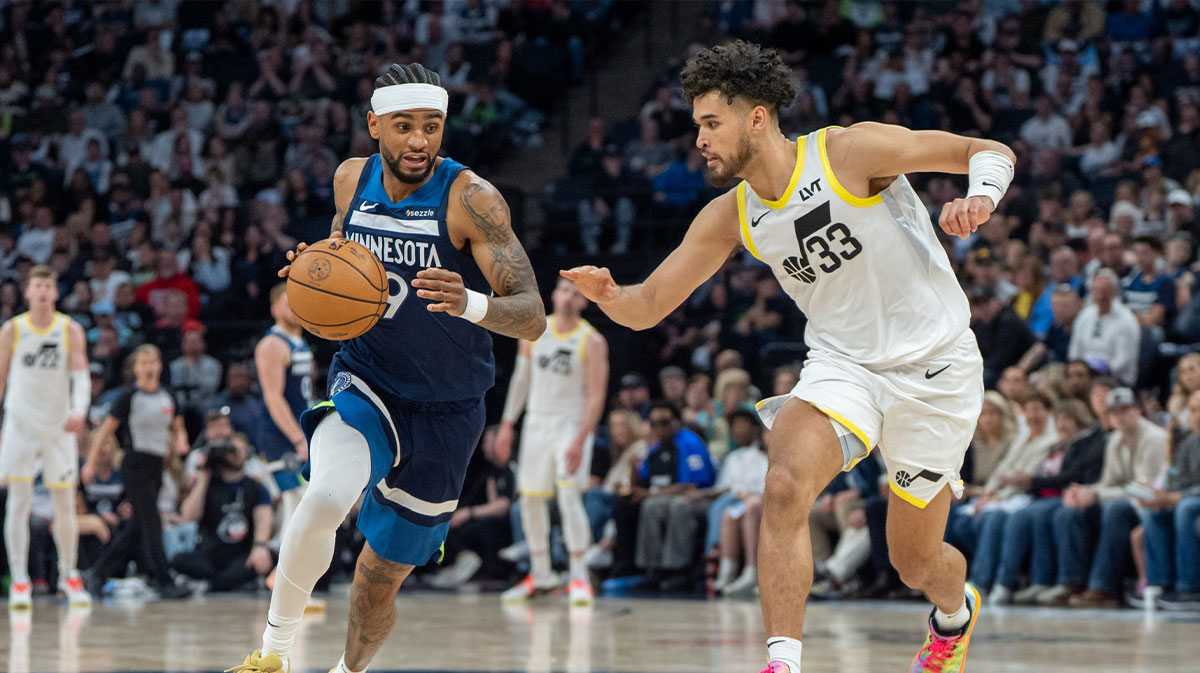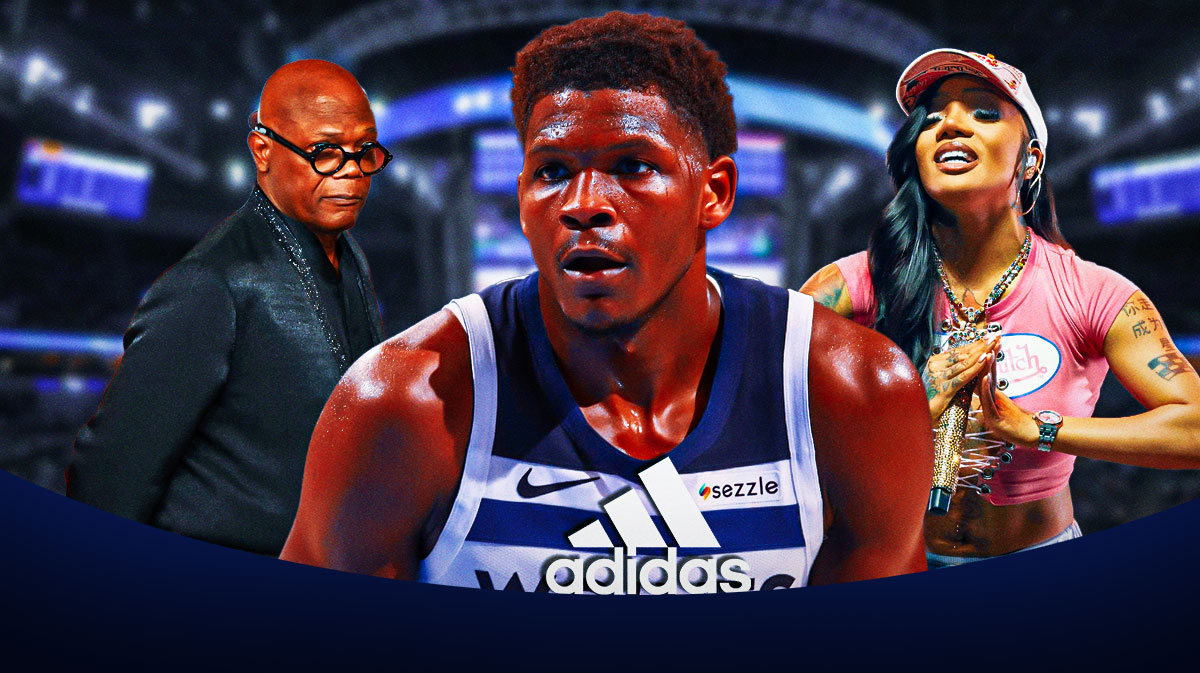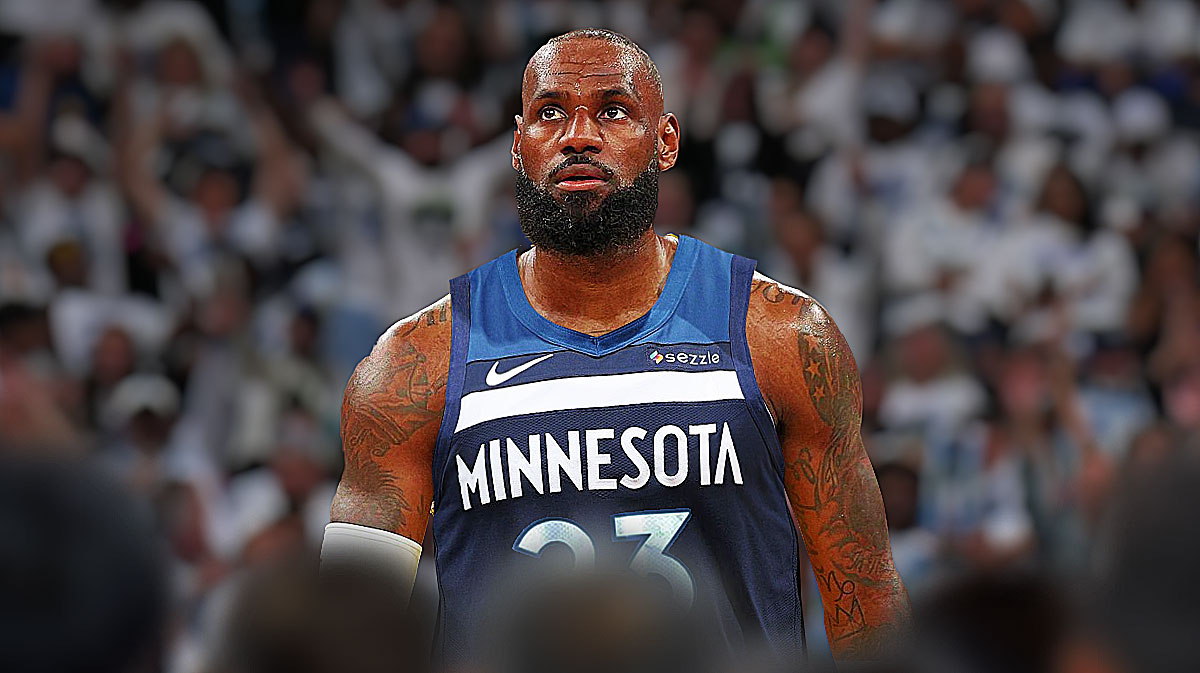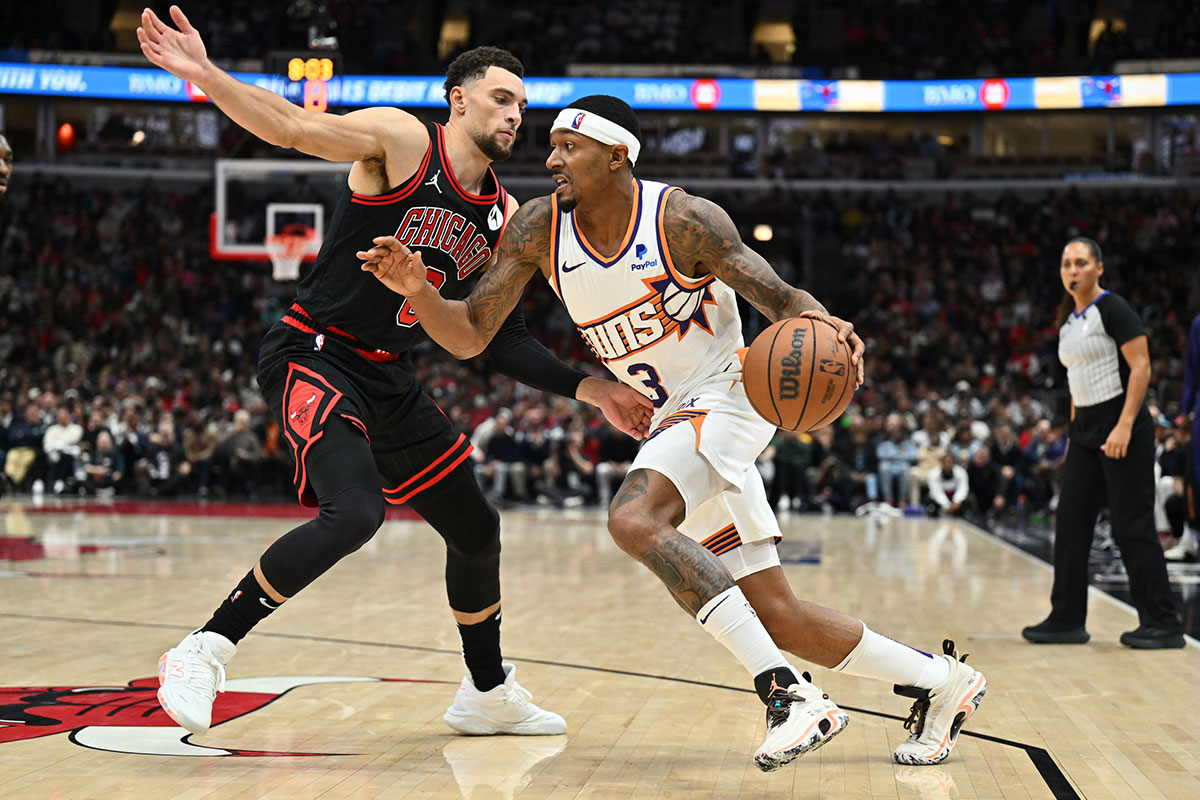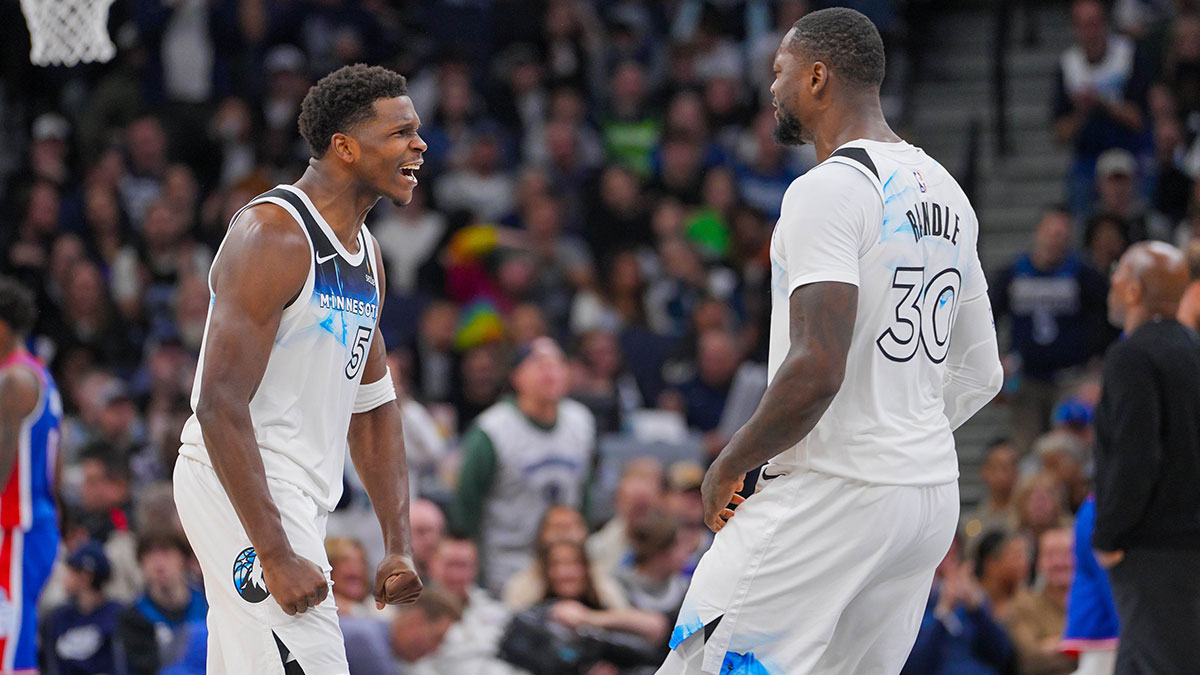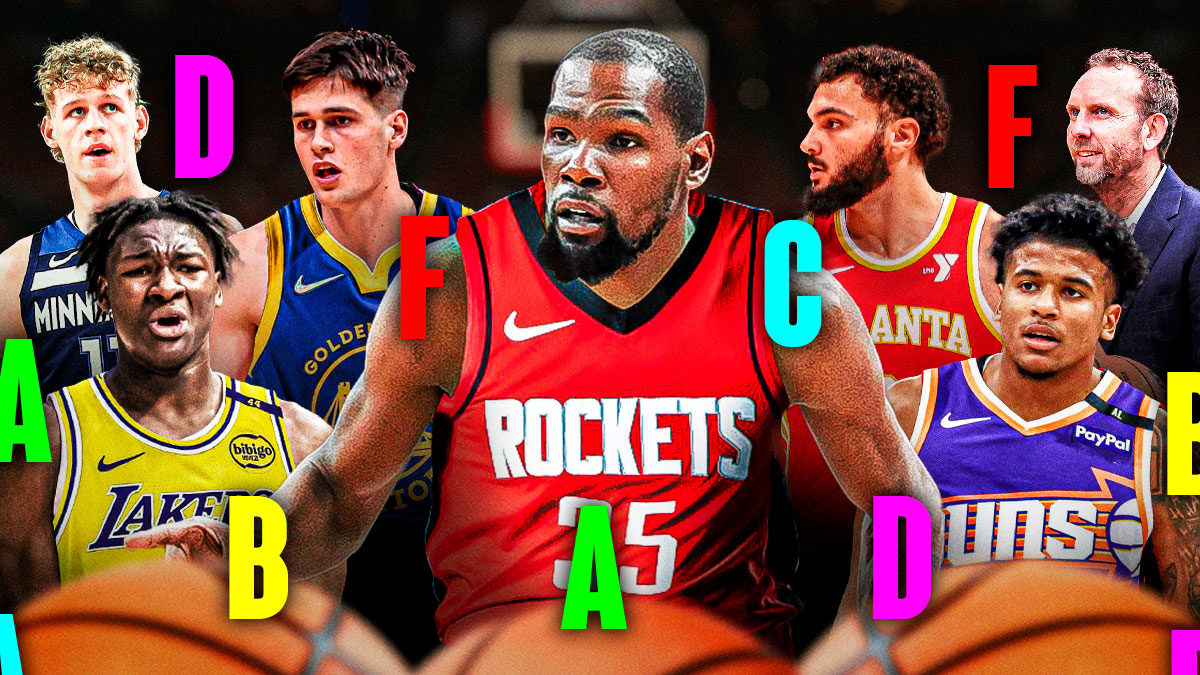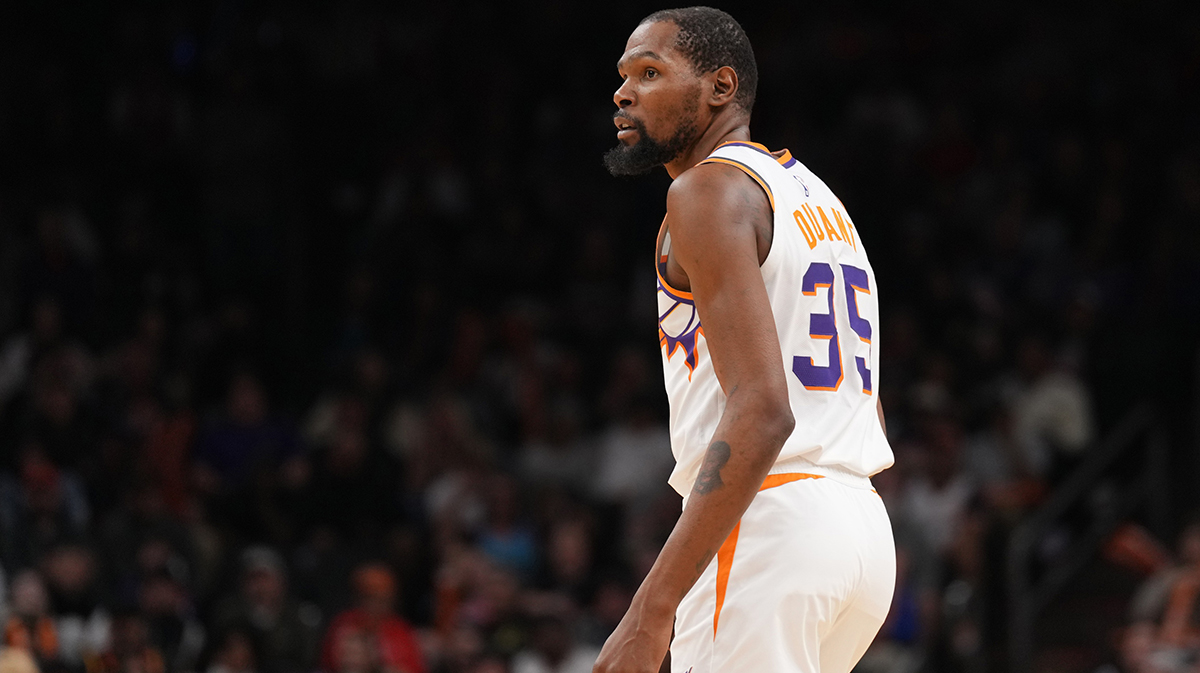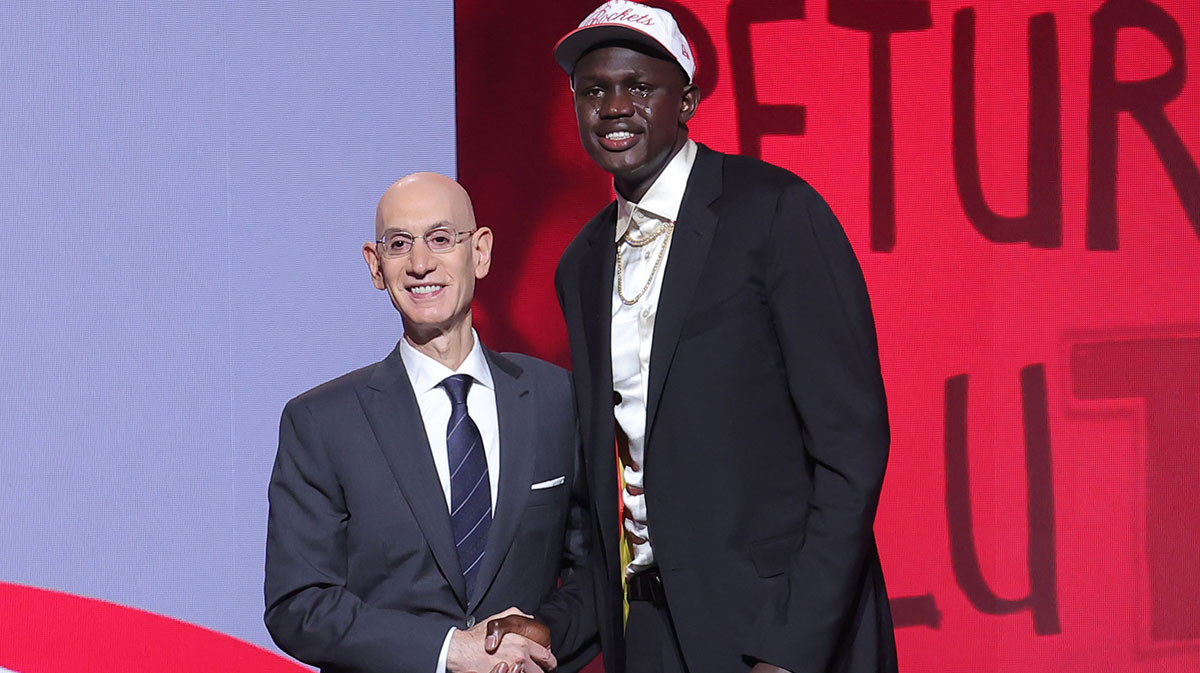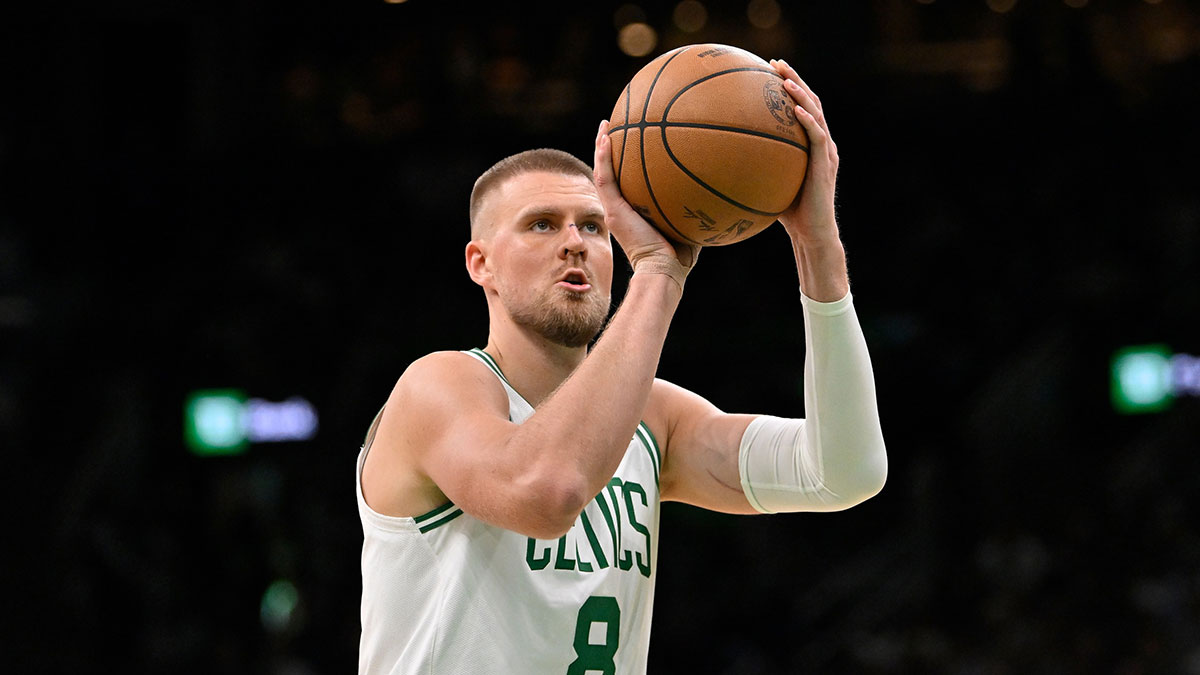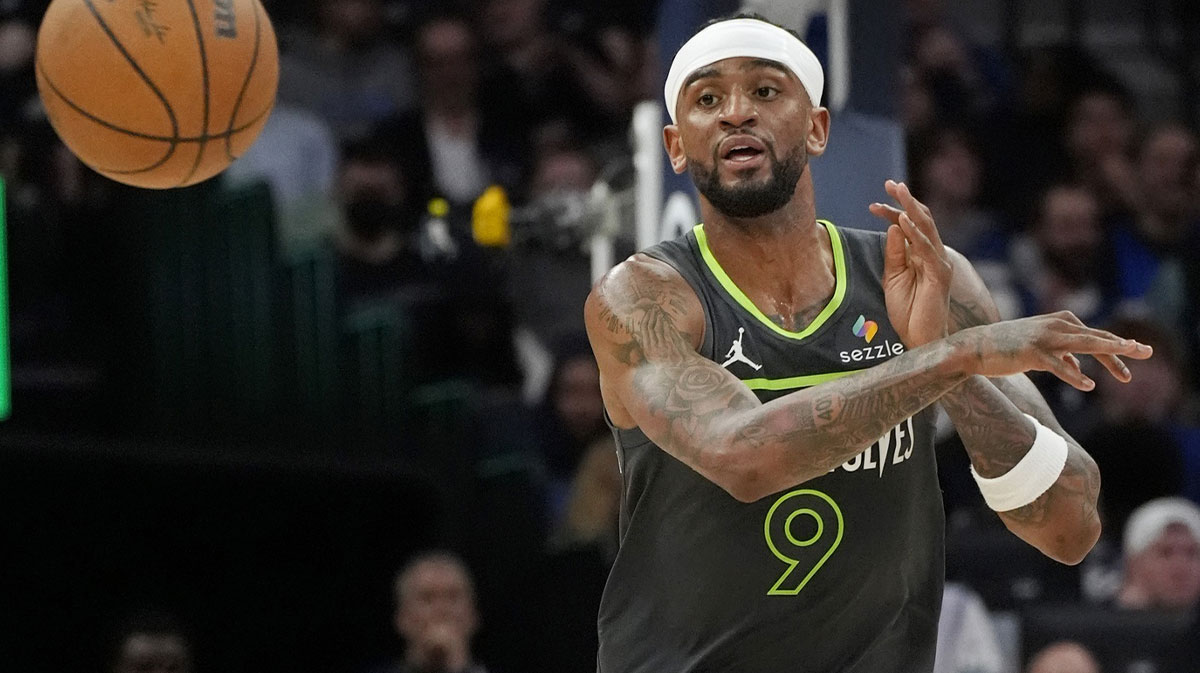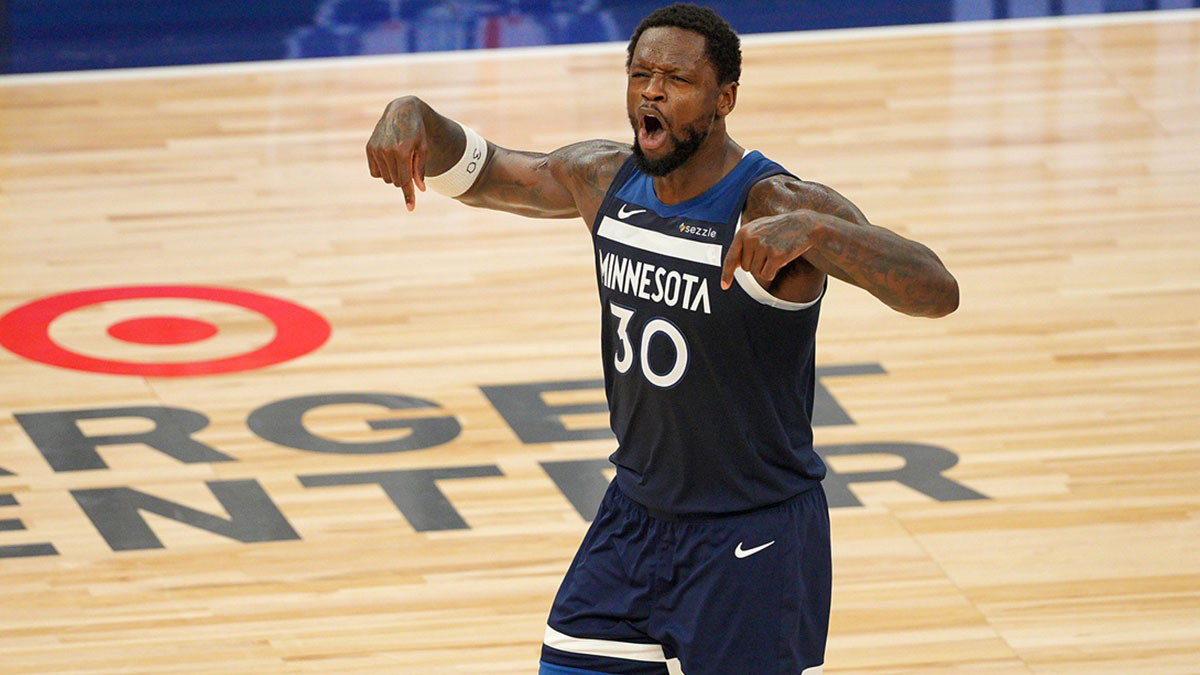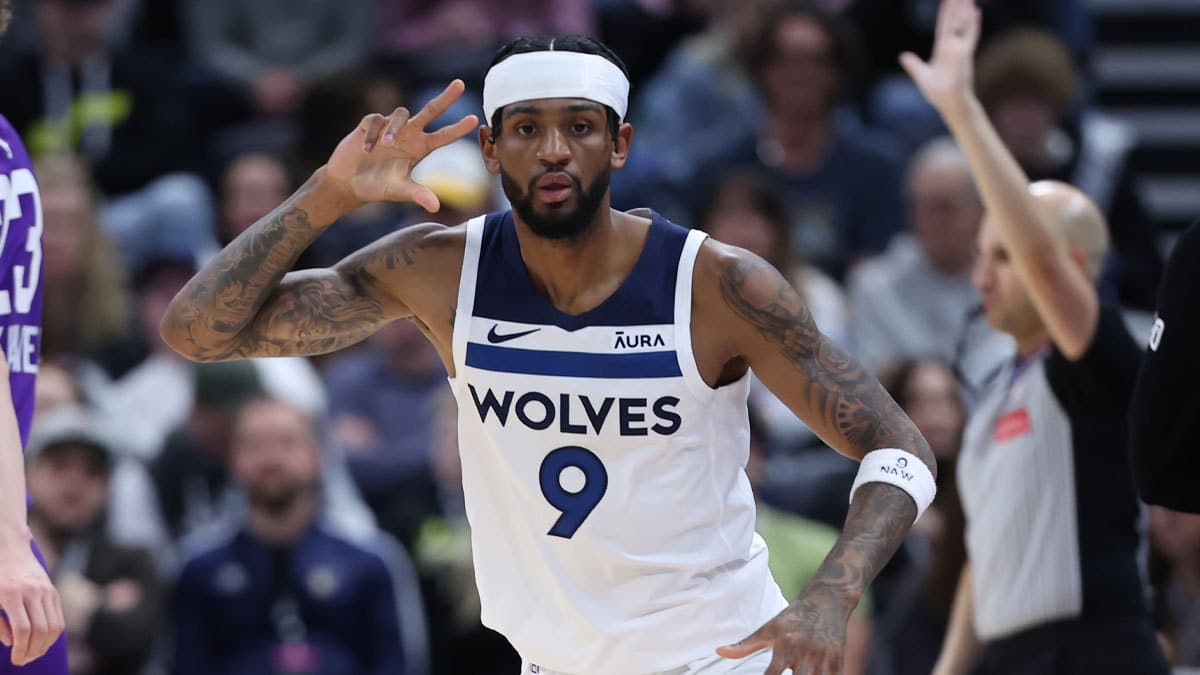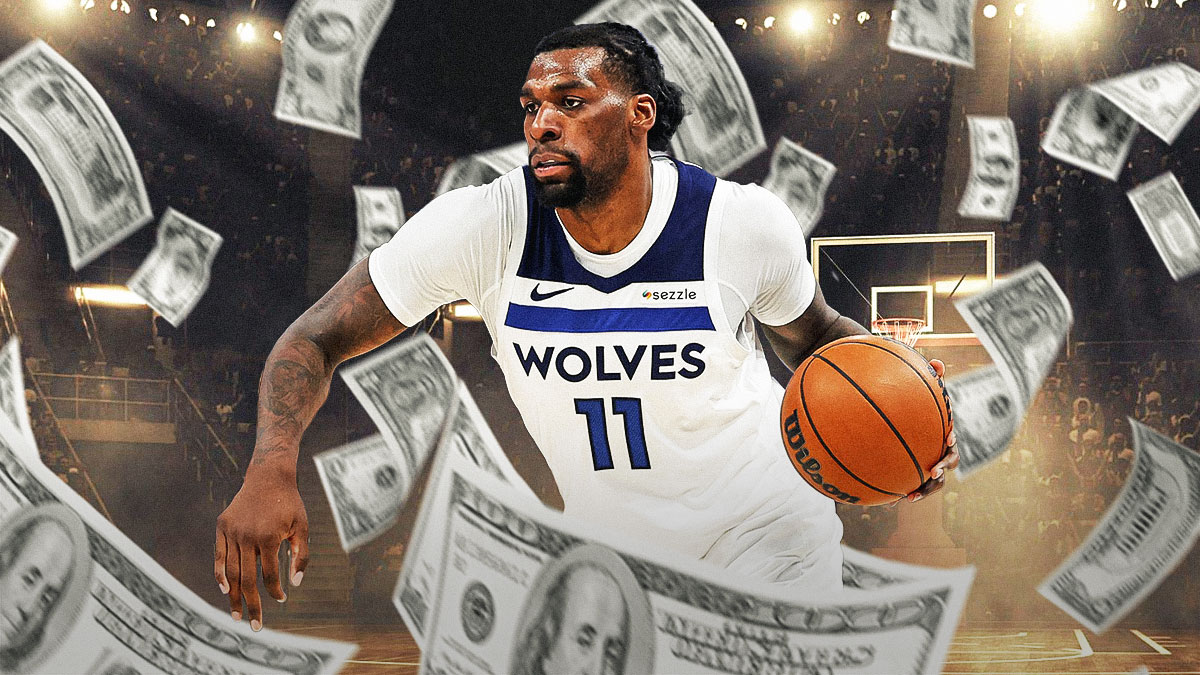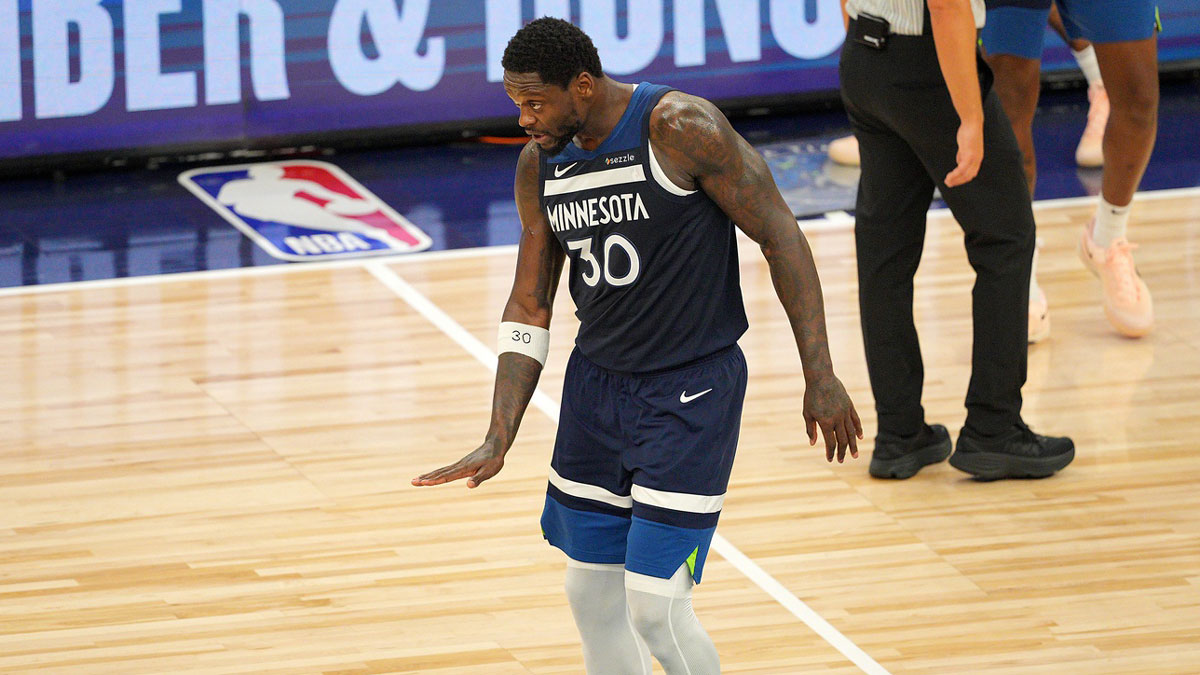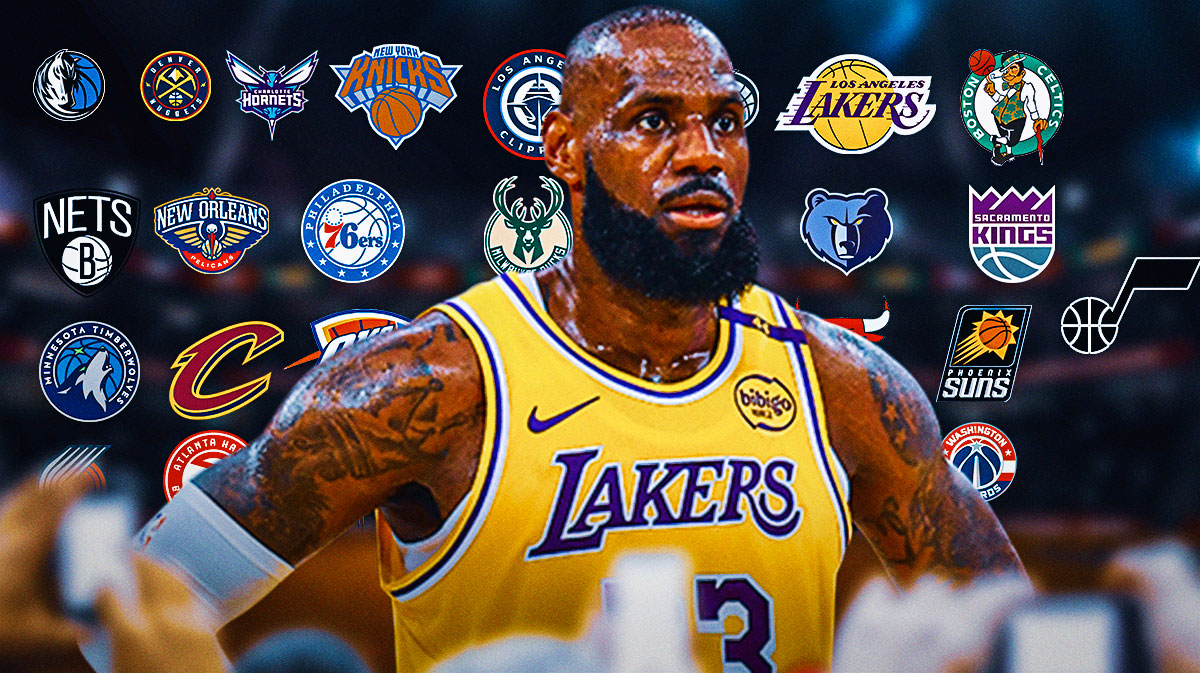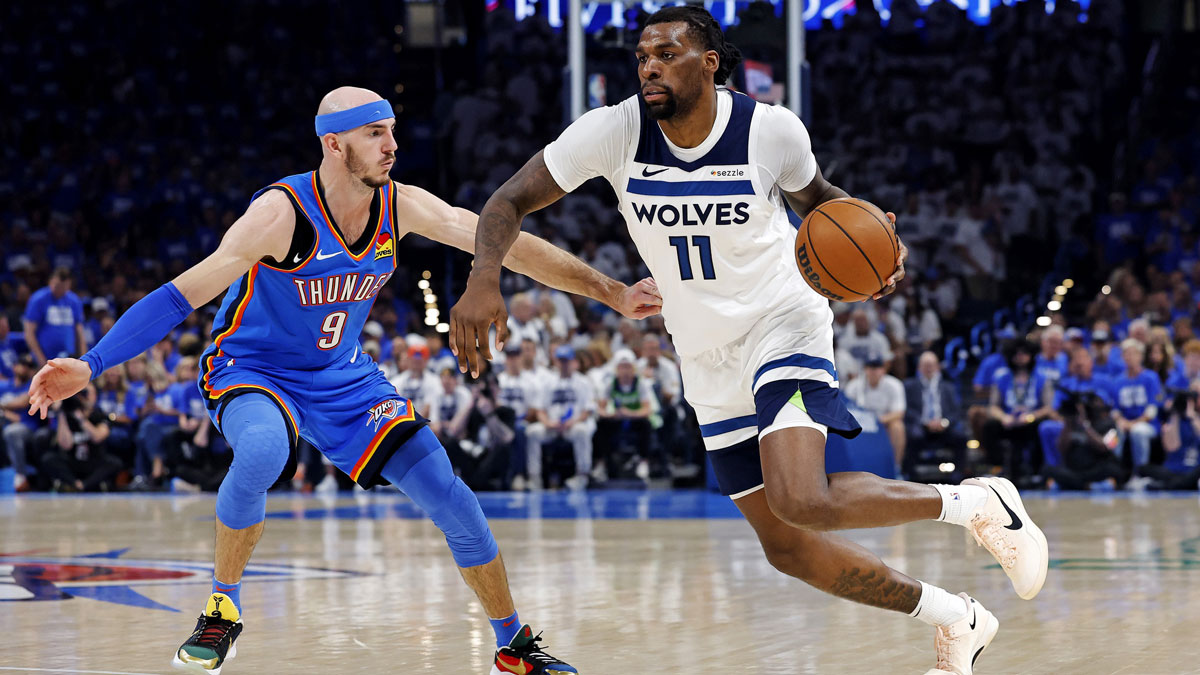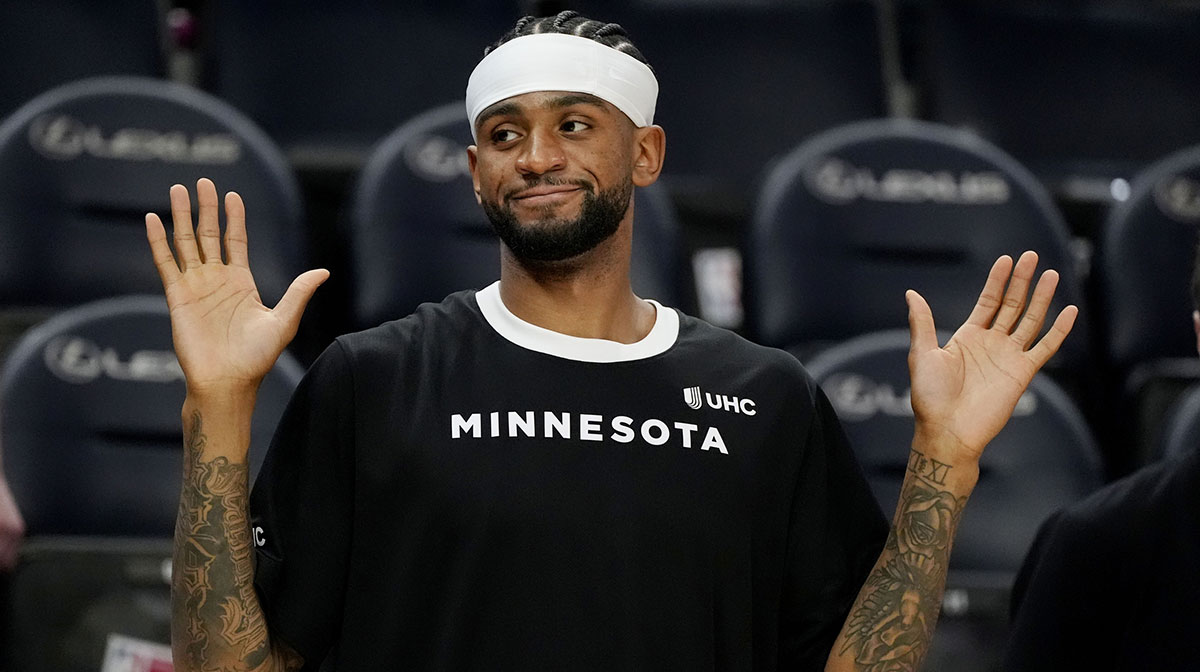Many NBA fans speculated that this off-season could be defined by the relocation of Jimmy Butler and Paul George, two of the premier wings in the league. It turns out that these fans were right as the blockbuster trades of Jimmy Butler to the Timberwolves, and Paul George to the Thunder, significantly boosted these team’s chances of making a deep playoff run next spring. With many experts projecting these off-season “winners” to finish close together in the standings, we thought it’d be a good idea to take a closer examination at which team is better positioned to win games next year.
To accurately determine the strength of each roster, we decided to rank each significant player (starting five and top four reserves) for each team on a scale of 1-100. Please do not confuse these rankings as player ratings similar to what you’d find on NBA2K. Rather, these scores are meant to be taken as “what percentage of players in the league is this player better than?” (so a league average player would earn a score of 50). Here’s another way to think about it: each team has 15 roster spots and there are 30 teams in the league so 15*30=450 players on an NBA roster. 450/100=4.5, so 4.5 players should earn each score in our rating system. Therefore if your hypothetical top 10 players in the league were:
- LeBron James
- Kevin Durant
- Stephen Curry
- Russell Westbrook
- Kawhi Leonard
- James Harden
- Anthony Davis
- Giannis Antetokounmpo
- Chris Paul
- Jimmy Butler
Lebron, Durant, Westbrook and Curry would each receive a 100, Leonard would get a 100 or 99 depending on your mood, while Harden, Davis, Antetokounmpo and Paul would get 99s as well. Butler and whoever you have 11-13 would get 98s and so on and so forth.
While we did not list each player in the league from 1-450, we were able to accurately gauge where each player on these two rosters would fall on a hypothetical league-wide list. Without further ado, here is what we found.

Timberwolves Roster:
PG: Jeff Tague-70
SG: Jimmy Butler-98
SF: Andrew Wiggins-83
PF: Taj Gibson-65
C: Karl-Anthony Towns-96
Starting Lineup Total:412, Average Lineup Score: 82.4
Timberwolves Key Reserves: Jamal Crawford-35, Tyus Jones– 33, Nemanja Bjelica-38, and Gorgui Dieng-49
Bench Average:38.75
Combined Score: 567 AVG Team: 63
*Quick Side Note: Shabazz Muhammad is a free agent, but the Timberwolves may re-sign him to a new contract, and if they did, he would be a key player for them regardless of whether or not he starts.

Thunder:
Russell Westbrook-100
Andre Roberson-67
Paul George-98
Patrick Patterson-73
Steven Adams-73
Starting Lineup Total:411, Average Lineup Score:82.2
Thunder Key Reserves: Raymond Felton-32, Enes Kanter-47, Jerami Grant-51, Doug McDermott-40
Bench Average:42.5
Combined Score:581 AVG Team: 64.5
Analysis: We compiled a player score for each major player on the Timberwolves’ and Thunder’s rosters to come up with an average strength for their starting lineup and major bench pieces combined. The Thunder came out just barely ahead, edging out the Timberwolves average lineup score by 1.5 points, 64.5 versus 63. However, we agreed that the Timberwolves have a better chance at winning more games next season because they are a younger team indicating that on average they will have more energy to play well in back to backs and are less likely to succumb to injuries. Furthermore, they have an elite head coach in Tom Thibodeau who absolutely despises losing games and will play his starters (who are obviously much more talented than his bench pieces) 40+ minutes per game in order to secure victories. Additionally, the Timberwolves will be winning games through defensive effort alone simply because Jimmy Butler is the best defender the Timberwolves have had in a long time, and Thibodeau is a coach renowned for preaching a “defense first” basketball gospel. With Butler joining the fold, Towns’ and Wiggins’ offensive load will be lessened, affording the two young stars more energy to spend on the defensive end of the floor. With these factors in play, the Timberwolves have a chance to sneak into the top 10 in points allowed per game up from 18th last year.
In the 2011 season when Tom Thibodeau captained the Chicago Bulls to a #1 seed in the Eastern Conference, Luol Deng played 39.1 minutes per game, and Derrick Rose played 37.4 minutes per game, both good for top 15 in the league in minutes played. The same trend will be true of the Timberwolves next year with Thibodeau likely playing Wiggins, Towns, and Butler at least 36 minutes per game apiece. Obviously, the more minutes your star players play, the greater your chance of winning, and this is especially true for the Wolves given the larger than average disparity in talent between their starting five and bench players.

